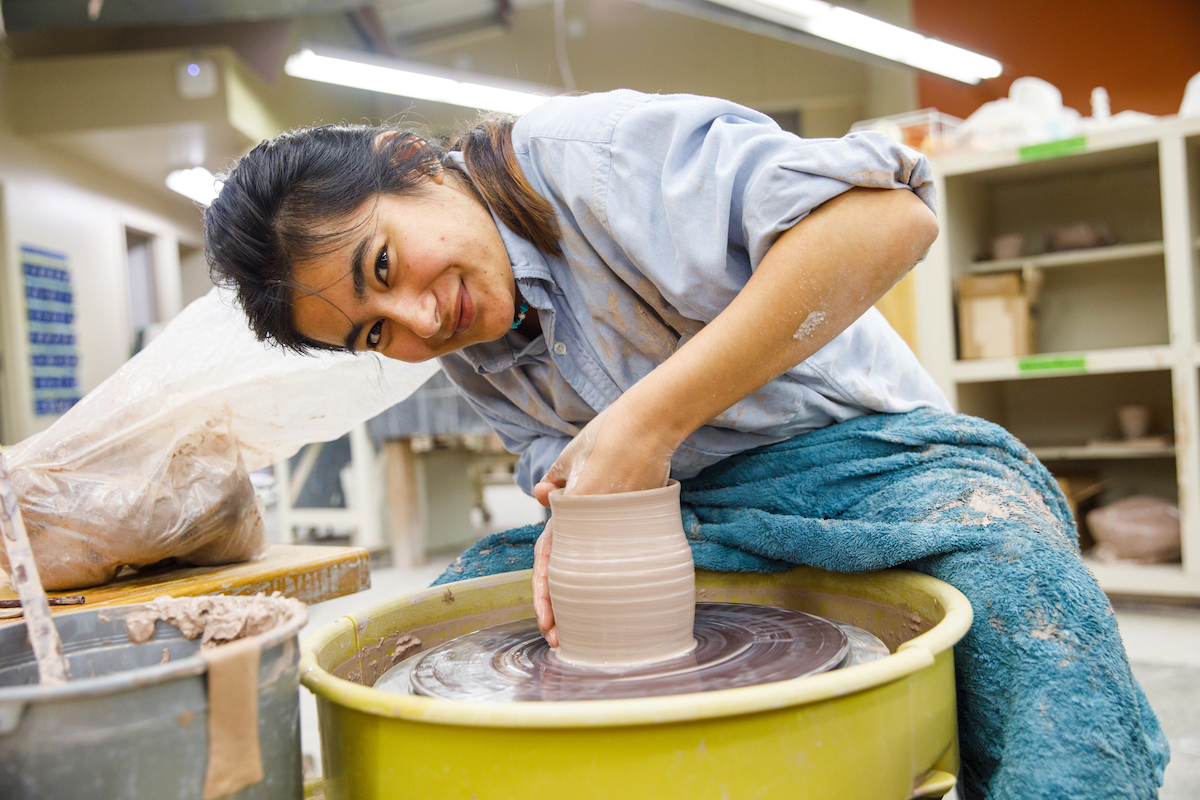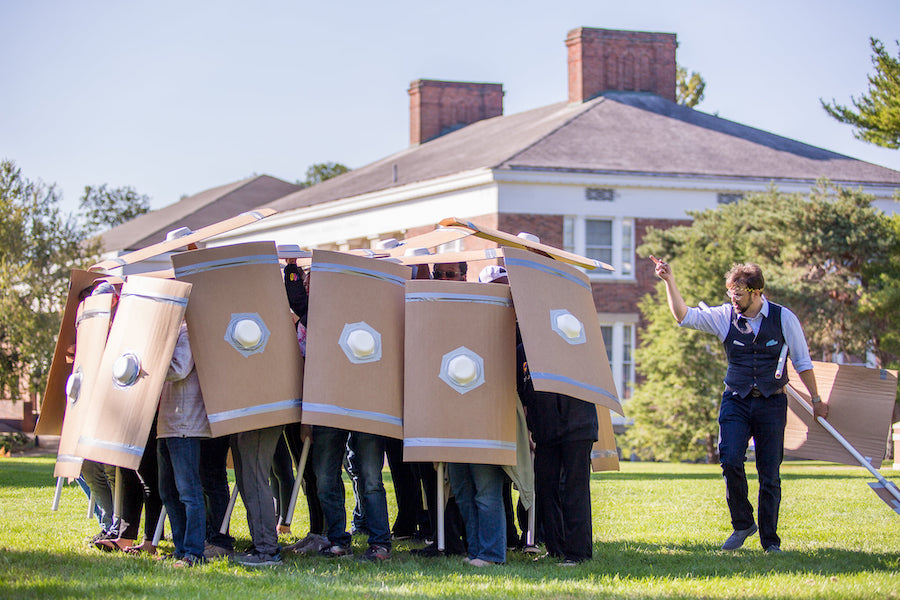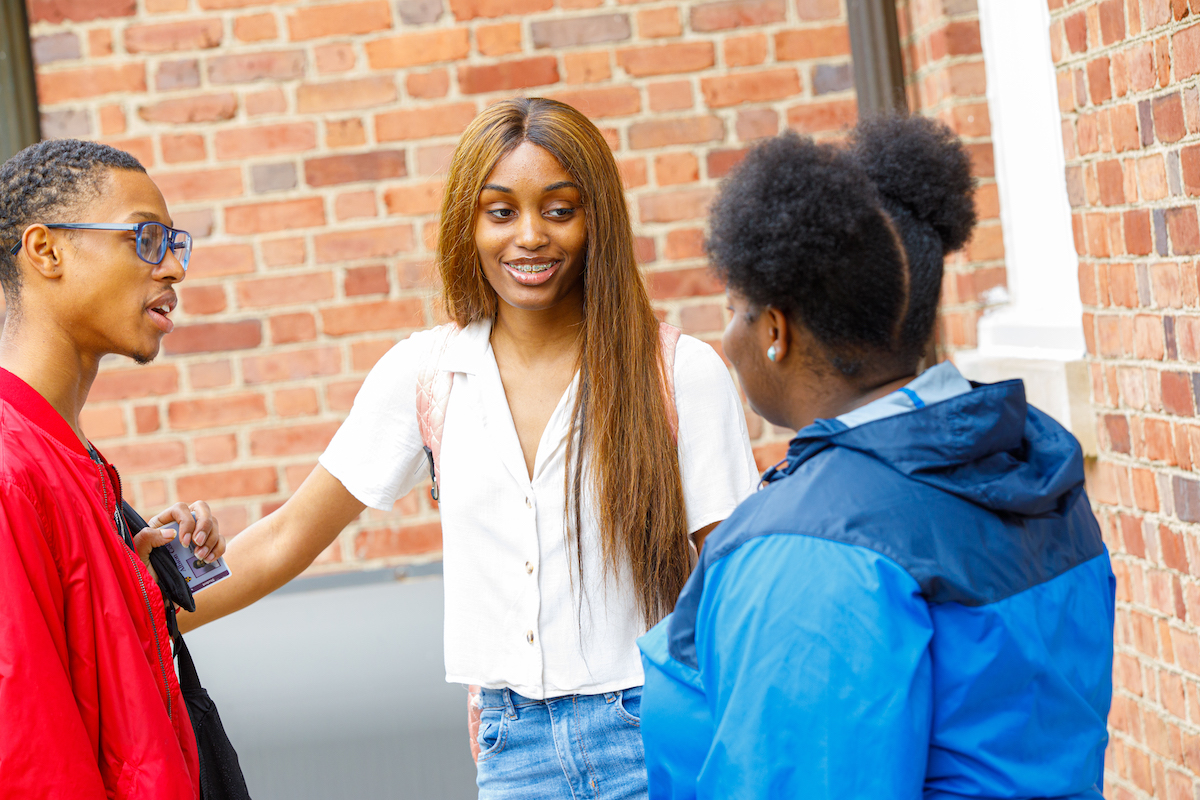Art History Major and Minor
Explore the evolution of art and architecture across different eras and cultures. Hone your critical and creative skills as you employ research, analysis, discussion and reflection to understand how art relates to the social, political, economic, cultural and religious trends of the moment.
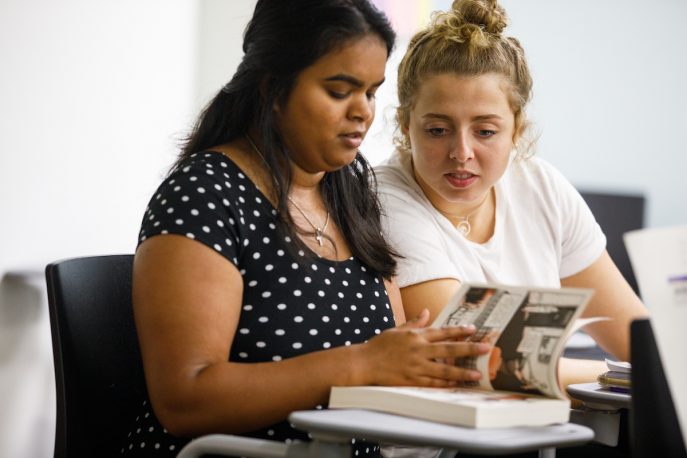
Why Study Art History at Albion?
Art reflects the breadth of human experience, and so should your education. At Albion, you’ll put your liberal arts foundation into action as you learn to contextualize artworks politically, historically and socially. You’ll benefit from small classes, close mentorship from faculty and the opportunity to study original art and artifacts from the 15th century to the present from our collection.
What Will You Learn as an Art History Major?
You'll study the evolution of creative expression and learn how to identify works by their styles and technique.
You'll examine the relationship between art and society over time, and learn how ideas about the nature and purpose of art developed.
You'll learn how patterns of trade, migration, pilgrimage, diplomacy, war, conquest, slavery, colonialism and imperialism influenced the development of artistic movements.
You'll analyze the role that art has played, and continues to play, in social and racial justice and political activism.
Highlights
Our Collection

At Albion, you’ll have the opportunity to experience original artworks and artifacts first-hand through our extensive collection and our rotating program of exhibitions in the Bobbitt Visual Arts Center.
Research
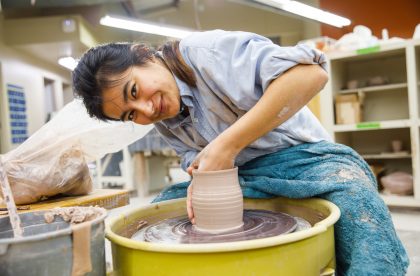
Take your research to the next level with an independent project through the Foundation for Undergraduate Research, Scholarship, and Creative Activity (FURSCA). As a participant in FURSCA, you’ll submit a research proposal and, if accepted, you’ll be matched with a faculty mentor to help you execute your project.
Scholarships
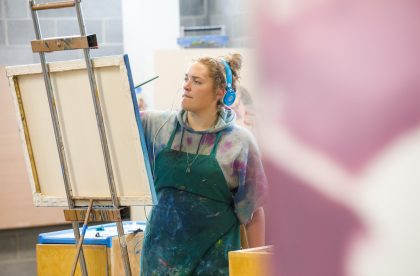
We award scholarships to incoming and current students of art history who demonstrate outstanding academic achievement, ability, desire and commitment. As a prospective student, you’ll have the opportunity to submit written work to be considered for an art history scholarship.
Off-Campus Programs
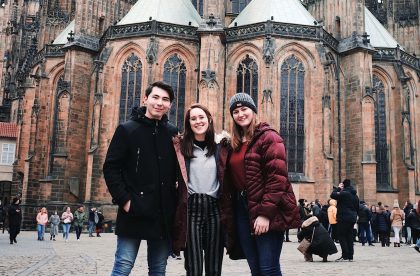
Study Renaissance masterpieces in Tuscany or spend a semester interning in a museum in Philadelphia. At Albion College, we offer many opportunities for students to deepen their knowledge of art history and gain hands-on experience across the country and around the world.
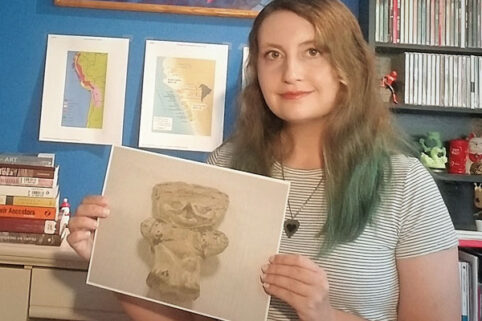
Bringing Context to South American Artifacts
Anthropology and art history major Rebecca Wagener, ’21 spent the summer researching a collection of pre-Columbian ceramics and textile artifacts recently gifted to the College. “With archaeology, you use artifacts to theorize how these items may have figured into society, and what they may reveal about the society itself as a whole. Through art history, you analyze details, like recurring motifs or even how they fired ceramics, to learn about life in the culture. It’s been great to see how interconnected art history and anthropology can become and how they benefit from each other.”
Bringing Context to South American ArtifactsCareers & Outcomes
As an art history major, you’ll learn to think critically and solve problems creatively. From arts administration to writing and publishing our graduates pursue careers that draw on their analytical skills and deep understanding of long-range visual, political and social trends. Explore career opportunities in Art History.
Job Titles
- Curator
- Museum Educator
- College Professor
- Art Historian
- Art Critic
- Antiques Dealer
- Gallery Director
- Professor
- Community Arts Programmer
- Architectural Historian
